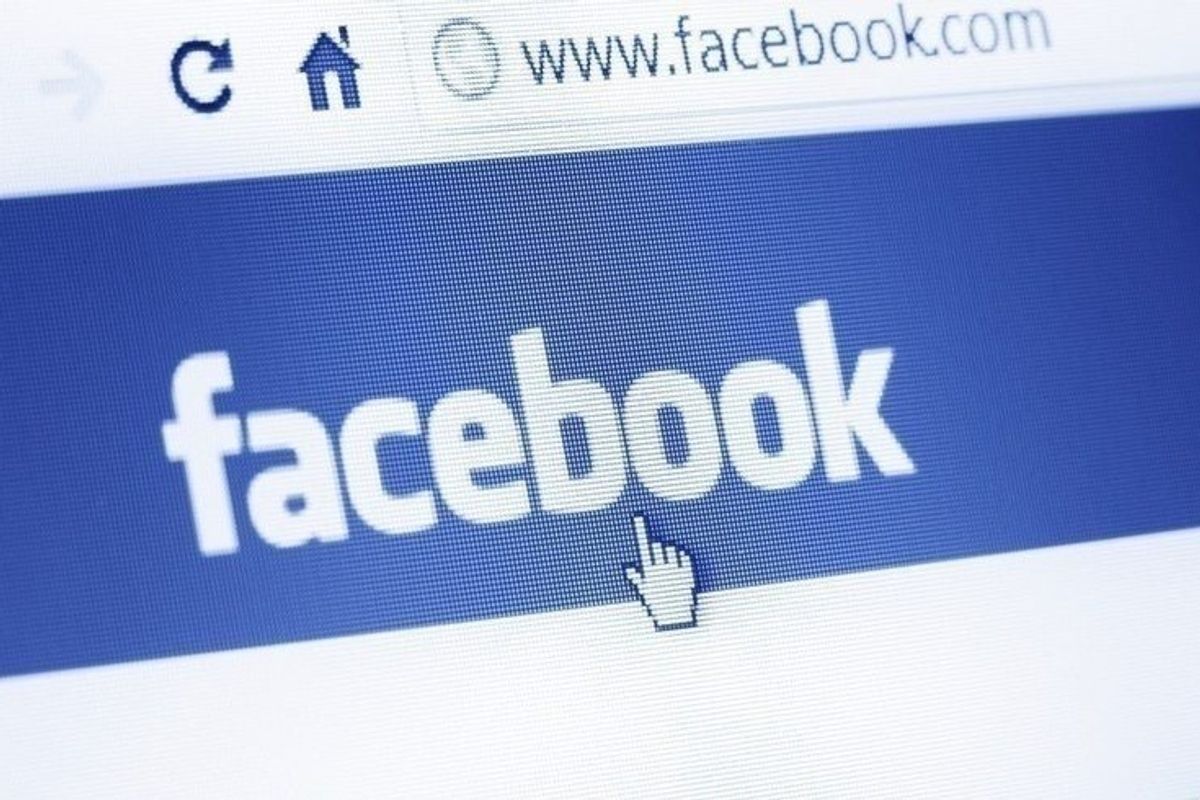
iStock
Mark Zuckerberg admits 'breach of trust' between Facebook and its users over Cambridge Analytica scandal
CEO says Facebook will take more steps to lock down your data. But do we believe him anymore?

CEO says Facebook will take more steps to lock down your data. But do we believe him anymore?
Facebook boss Mark Zuckerberg has admitted that mistakes were made over the Cambridge Analytica scandal.
Although falling short of apologizing for the incident, which saw the data of 50 million Facebook users wrongly falling into the hands of Cambridge Analytica (CA), a British data company, Zuckerberg said there had been a breach of trust between Facebook and its two billion users.
Posting on the social network more than three days after the story first broke, Zuckerberg said: "We have a responsibility to protect your data, and if we can't then we don't deserve to serve you...This was a breach of trust between [researcher and app developer Aleksandr] Kogan, Cambridge Analytica and Facebook. But it was also a breach of trust between Facebook and the people who share their data with us and expect us to protect it. We need to fix that."
Facebook chief operating officer Sheryl Sandberg shared Zuckerberg's Wednesday afternoon post, adding: "As he said, we know that this was a major violation of people's trust, and I deeply regret that we didn't do enough to deal with it."
Zuckerberg went on to pledge that a number of changes would be made with how Facebook allows third-party app developers to handle users' data, and a simplification in how users can check which apps have access to what data. The Facebook chief executive, who created the website in 2004, added: "I started Facebook, and at the end of the day I'm responsible for what happens on our platform."
He explained that the Facebook Platform was created in 2007 to allow applications to access data belonging to your friends. In its simplest terms, Zuckerberg said, this allows a calendar application to include your friends' birthdays, and for an address book to include their photographs.
In 2013, Cambridge University researcher Aleksandr Kogan created a personality quiz app on Facebook. It was installed by around 300,000 users, who shared their data with the app - but also the data of their friends. This amounted to the data of a claimed 50 million Facebook users being given to Kogan, who then passed the data on to Cambridge Analytica.
A year later, Facebook limited Platform's ability to take friends' data in this manner. Apps like Kogan's could no longer take friends' data without first gaining permission from the friends.
But, in 2015, journalists told Facebook that Cambridge Analytica had Kogan's data - a move Zuckerberg says is "against our policies for developers to share data without people's consent". Kogan was banned from Platform and CA was asked to delete the data. Something it did not do.
Despite not confirming that the data had been deleted at the time, Zuckerberg said in his statement today (March 21) that: "We already took the most important steps a few years ago".
Going forward, Zuckerberg says Facebook will:
Additionally, Zuckerberg says Facebook wants to "make sure you understand which apps you're allowed to access your data."
To do this, a tool will be created a shown at the top of users' news feeds. This tool will help users see which apps they have shared their Facebook data with, and revoke access to this data if they so wish.
Finally, Zuckerberg said: "While this specific issue involving Cambridge Analytica should no longer happen with new apps today, that doesn't change what happened in the past. We will learn from this experience to secure our platform further and make our community safer for everyone going forward.
"I want to thank all of you who continue to believe in our mission and work to build this community together. I know it takes longer to fix all these issues than we'd like, but I promise you we'll work through this and build a better service over the long term."
GearBrain Compatibility Find Engine
A pioneering recommendation platform where you can research,
discover, buy, and learn how to connect and optimize smart devices.
Join our community! Ask and answer questions about smart devices and save yours in My Gear.
